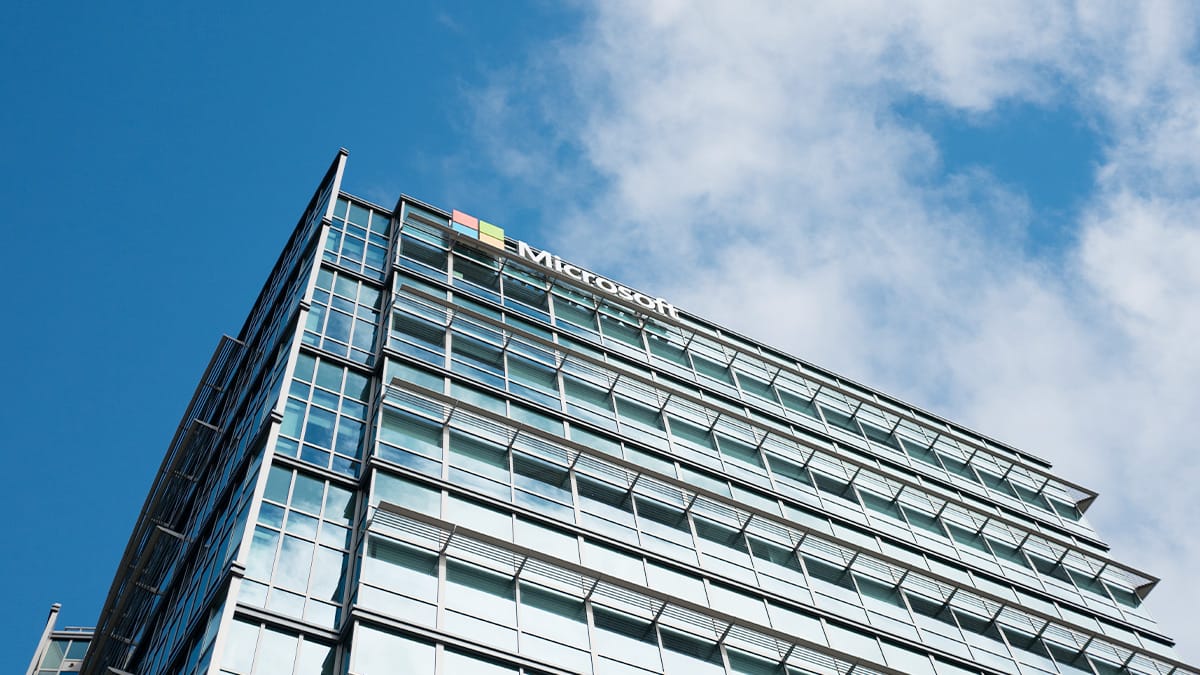Smith Collection/Gado/Getty Images
By Behnam Tabrizi | Harvard Business Review
For years now, observers of tech have written off Microsoft as a 20th-century phenomenon, fat and happy from its Windows monopoly. The tech giant hadn’t had a breakthrough innovation in decades. It was rich enough to be a fast follower, but too big and bureaucratic to lead in any market. Jeff Bezos was known to gesture east and admonish his Amazon colleagues not to become complacent like their Seattle neighbor.
Yet on February 7, there was Microsoft CEO Satya Nadella telling reporters that artificial intelligence was creating a “new day in search.” Microsoft’s much-maligned Bing was integrating Open AI’s ChatGPT technology to generate information directly for users, not just links. And in doing so, it was directly challenging Google, the undisputed champion of search, by trying to out innovate Google on its home turf.
This wasn’t supposed to happen, especially not to Google. Already burned in 2014 by Amazon’s AI-enabled Alexa voice assistant, Google announced in 2016 that it would become an “AI-first” company.
Google’s problem certainly wasn’t engineering. The company had made fundamental advances in AI. Notwithstanding Google’s costly flawed demo earlier this month, its LaMDA chatbot was arguably just as good as the ChatGPT3 release that had taken the world by storm. And it had laid the groundwork for chatbot-powered search before last week.





